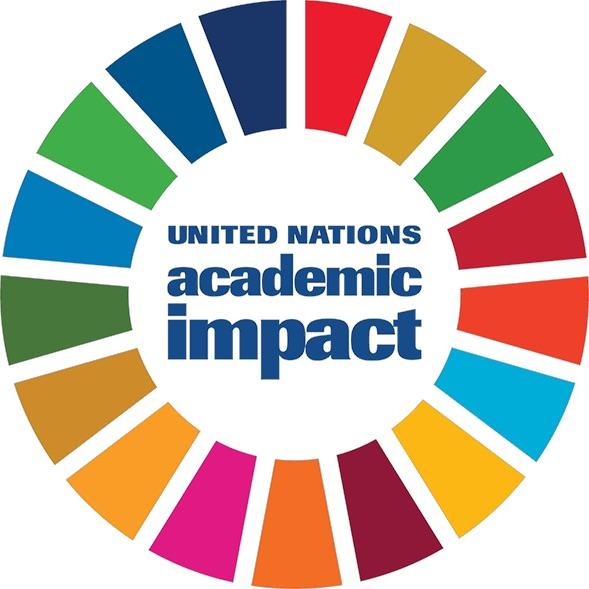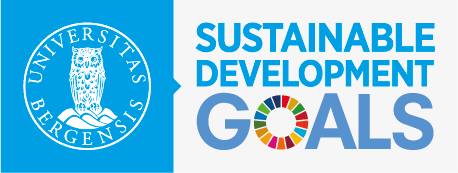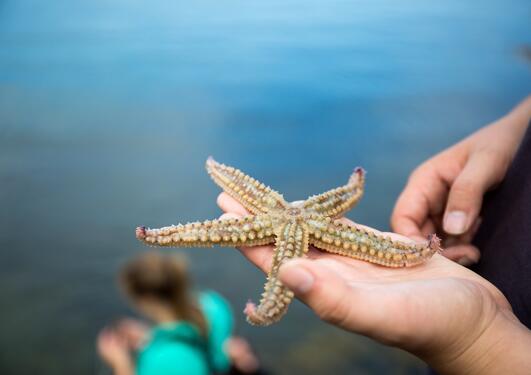The future of education in ocean science
The University of Bergen’s interdisciplinary SDG14 course educates the future ocean science leaders to engage critically with the 2030 Agenda.

Main content
- In a series of articles, United Nations Academic Impact (UNAI) presents ocean science from the University of Bergen, its Hub institution for SDG 14: Life below water in the Sustainable Ocean Series. This is the first of four articles.
“The University of Bergen has a long tradition as a marine university. Our research and education has resulted in scientific discovery and also been vital for developing industries such as fisheries, oil and gas, and marine biology to mention a few,” says Professor Lise Øvreås, “so taking a lead role on SDG14, Life below water, seems natural, both nationally and internationally.”
Professor Øvreås is scientific director for Ocean Sustainability Bergen, the University of Bergen’s virtual centre to engage with the 2030 Agenda in general and SDG14 in particular.
Making the case for multidisciplinarity
She is particularly proud of the university’s multidisciplinary SDG14 course, which launched in spring 2019 and is now an annual feature offered to both resident and exchange students.
“We need to view the whole and see how the parts interact for a course on SDG14 to have full impact. The biology and biodiversity of life below water cannot be seen without viewing it alongside how we harvest the fruits of the ocean – and also how we preserve natural resources for the future. Looking at settlement on the coast, policy making, law or history are as important in this context as my own field of marine biology and the natural sciences,” explains Professor Øvreås.
Associate Professor Katja Enberg also is a marine biologist and the SDG14 course’s coordinator.
“I wanted to teach something which is both science-based and has societal impact. The SDGs stood out as a current topic and very useful for the students’ future career. By creating this course on SDG14, I wanted to encourage students to understand how research can be implemented in society,” says Enberg.
However, the course faced some early challenges.
“The fact that there is no textbook or ready-made curriculum made this a challenge. Which I cherish. I have spent more time finding learning material and developing the teaching methods for this course than for a regular course. This is an obvious consequence of creating a new course in a brand new topic. This is all very exciting,” exclaims the biologist.
She agrees with Professor Øvreås that a course on SDG14 – or any of the SDGs – needs to be multidisciplinary.
“The SDGs cannot be viewed isolated. When you look at SDG14, you need to take in the other 16 SDGs. This is why we wanted a course open to students across faculties on campus. Getting natural science students and social science students or humanities students and medicine students together to bring different knowledge to the table,” says Enberg, “this is how we need to work in modern society, if we are to achieve a more sustainable world.”
Building on long ocean research traditions
She believes the University of Bergen is particularly well suited for a course on SDG14-related matters.
“There is a long tradition in Bergen for ocean-related research and education. This is an opportunity to draw the lines from our rich ocean research to making use of this knowledge for a sustainable planet,” says Katja Enberg.
Professor Øvreås views the SDG14 spring semester course as a precursor for developing future SDG-oriented research and education.
“Sustainability must run through everything we do. Students must get this into their curriculum from the start. The goal is that this will then be implemented into their future studies and when they enter the workforce. It is necessary to move fast, so it's great that we already have this course and develop it to be world-leaders in SDG-oriented education,” she says.
A fantastic opportunity
The course has received international attention, with universities worldwide showing interest in learning from the University of Bergen.
“This is a fantastic opportunity for the university,” says Professor Lise Øvreås, “but it is very demanding and means that we really have to create courses with great content. It also provides us with an opportunity to reflect over the content and quality of our education, and to ask ourselves what type of university we want to be in the future. Hopefully we can be of inspiration to others and share our experiences globally.”



